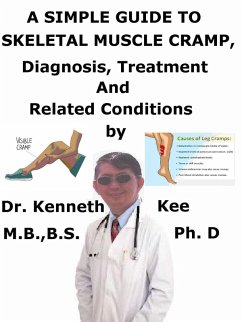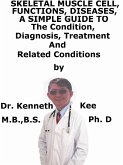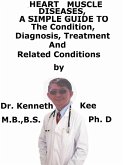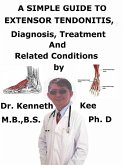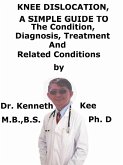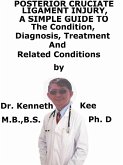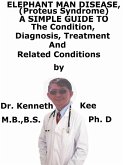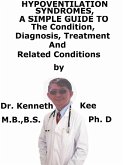Skeletal muscle cramps are unpleasant, often painful sensations produced by muscle contraction or over-shortening.
Frequent causes of skeletal muscle cramps can be muscle fatigue, low sodium, low potassium, and low magnesium
The precise cause of these cramps is not known.
Possible contributing factors are dehydration, depleted carbohydrates, low levels of certain minerals (magnesium, potassium, calcium, and sodium), vitamin deficiencies and decreased blood flow through muscles attendant in prolonged sitting or lying down.
Medical disorders linked with muscle cramps are cardiovascular disease, cirrhosis, pregnancy, and lumbar canal stenosis.
Different medicines may produce muscle cramps:
Diuretics, especially potassium sparing
Long acting adrenergic beta-agonists (LABAs)
Hydroxymethylglutaryl-coenzyme A reductase inhibitors (HMG-CoA inhibitors or statins)
High blood pressure drugs
Statins to treat high cholesterol
Drugs for chronic obstructive pulmonary disease
The person is more likely to have a muscle cramp if the person:
Is 50 or older
Works the muscles too much
Sits too long without moving
Does not drink enough water
Stands too long on hard surfaces
Other medical disorders that can also raise the chances of muscle cramps are:
Diabetes
Neurological disorders like Parkinson's disease
Alcohol abuse
Some hormone disorders, such as hypothyroidism
Too much or not enough of certain chemicals in the body, such as calcium, potassium, and magnesium
Blood flow problems
Nerve damage
Skeletal muscles that produce skeletal muscle cramps the most frequently are the calves, thighs, and arches of the foot.
This kind of cramp is linked with strenuous activity and can be intensely painful though skeletal cramps can happen while relaxing.
Around 40% of people who develop skeletal cramps tend to endure extreme muscle pain, and may be unable to use the affected limb.
The disorder may require seven days for the cramped muscle to return to a pain-free state.
Most skeletal muscle cramps develop in the leg muscles, mostly in the calf.
Nocturnal leg cramps are a tight, knotted feeling in the legs that happens at night.
They can persist several seconds to several minutes.
If the cramp is severe, the muscle may be sore for days.
In addition to the sudden, sharp pain, the person may also feel or notice a hard lump of muscle tissue beneath the skin.
Skeletal muscle cramps normally disappear and are seldom serious enough to need medical care.
A painful muscle cramp can produce much distress and anxiety.
The person can normally treat muscle cramps with self-care measures such as stretching and drinking plenty of fluids such as water.
Gentle stretching and massage, putting some pressure on the affected leg muscle by walking or standing, or taking a warm bath or shower may assist in ending the cramp.
The person can use a warm towel or heating pad on tense or tight muscles.
Quinine is likely to be effective but due to side effects its use should only be indicated if other treatments have failed and in light of its side effects.
Doctors and the FDA no longer advocate it since it can also produce severe bleeding and disorders with the heart rhythm.
Vitamin B complex, mineral and salt supplements, naftidrofuryl, lidocaine, and calcium channel blockers such as diltiazem may be effective treatments for muscle cramps.
For recurrent cramps that disturb the sleep, a muscle relaxant can be given.
TABLE OF CONTENT
Introduction
Chapter 1 Skeletal Muscle Cramps
Chapter 2 Causes
Chapter 3 Symptoms
Chapter 4 Diagnosis
Chapter 5 Treatment
C...
Dieser Download kann aus rechtlichen Gründen nur mit Rechnungsadresse in A, B, CY, CZ, D, DK, EW, E, FIN, F, GR, H, IRL, I, LT, L, LR, M, NL, PL, P, R, S, SLO, SK ausgeliefert werden.

